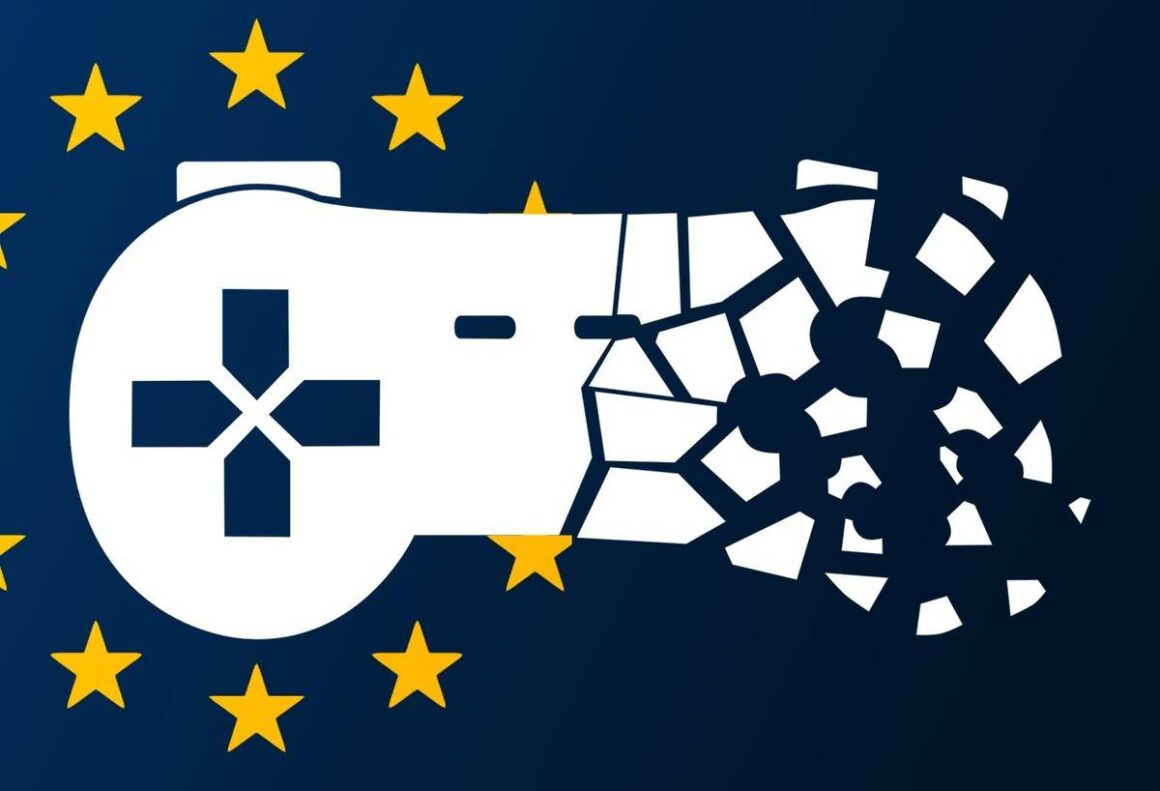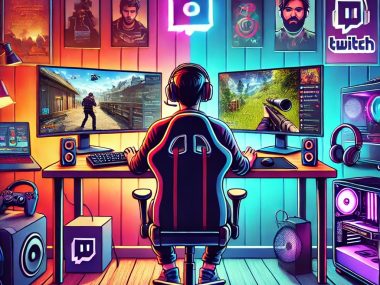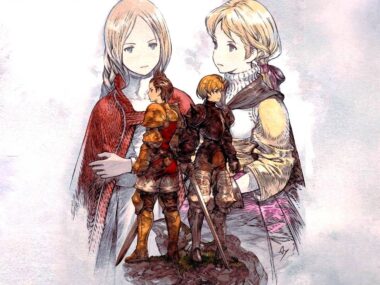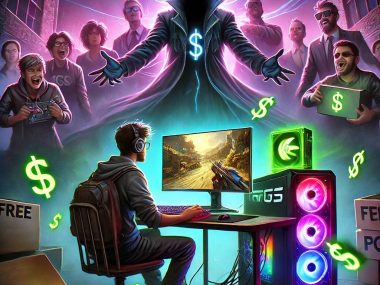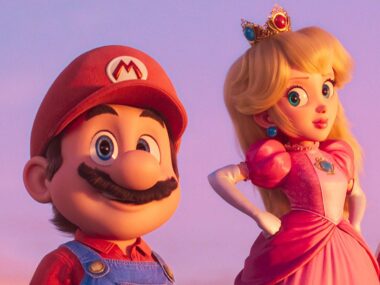The Stop Destroying Videogames European Citizens’ Initiative petition has verified nearly half of its 1.4 million signatures. 15 countries in the EU have met their thresholds, with only three percent of signatures failing verification.
What the Petition Seeks to Change
At its core, the petition asks for something simple. It’s a call to convince the EU to stop publishers from remotely disabling games before giving players a way to keep them running. Once a title reaches the end of its support cycle, players and developers should have a legal path to maintain access. This could be done through community-run servers, or making games playable offline.
Players are getting frustrated with an industry that views games as disposable. When servers shut down, an entire game and its impact disappears without a trace.
Proof That Players Care
The 700,000 confirmed signatures across fifteen EU countries (and counting) shows that players care about preserving the games they play. They are willing to go through the bureaucracy of a citizens’ initiative, to verify their identities so that their voices count.
It’s not a fad. It’s not something people will forget about in a few months. Gamers believe that a video game shouldn’t vanish the moment a company no longer finds it profitable.
Building Bridges, Not Battles
Organizers have made it clear that their fight isn’t against developers. Many developers share the frustration of seeing their work locked away behind expired licenses or defunct servers.
The real issue lies in the policies that prevent anyone else from stepping in once official support ends. There are so many talented preservationists, modders, and engineers who could keep these games alive if they were allowed to. The campaign’s next steps include connecting those people with policymakers to show that sustainable preservation is possible.
Resistance and Opportunity
Not everyone in the industry supports the Stop Killing Games movement. Some publishers argue that requiring long-term playability could complicate development cycles or strain resources.
Despite the pushback, game preservation is finally being treated as a real concern. The debate is moving out of comment sections and into legislative halls, where it belongs. Once that happens, compromise becomes possible. New models, shared frameworks for preservation, and new standards that balance creative control with consumer rights.
The Road Ahead
The petition hasn’t crossed the final threshold yet. Germany and France’s verification results are still pending. The Stop Destroying Games campaign is still confident their petition will make it to the legislation phase. Organizers are working with members of the European Parliament, national governments, and academics to prepare for the next phase.
If all goes as expected, the Stop Destroying Videogames petition will advance to formal legislative consideration. If it does, it could make Europe the first region in the world to set concrete standards for protecting digital games from deletion. Hopefully, the European gaming community can be a good example of what game preservation should look like.
